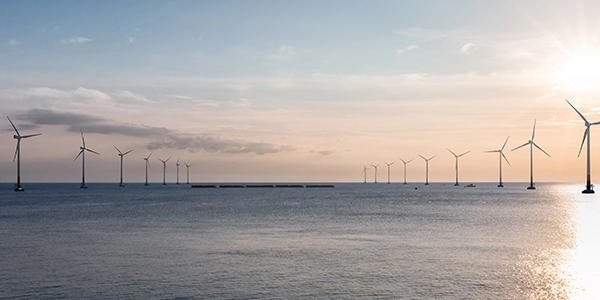In March 2018, Apple reported a staggering 50 billion all-time podcast downloads from its platforms globally. The US tech giant began hosting podcasts on iTunes in 2005 and while listenership grew steadily over the first decade, the last few years have seen an explosion in their popularity.
Edison Research found in 2013 that 12% of Americans had listened to a podcast in the last month, but by 2017 this figure had jumped to 24%. Statista predicts this figure will increase even further to 34% by 2021, which equates to an average 112 million monthly podcast listeners in the US. That’s one in every three Americans.
New technologies
Key to this growth are changes in the devices we use to listen to podcasts and their ever-increasing convenience. In the last three years, smartphones and tablets have supplanted computers as the device of choice. Given that most US podcast subscribers listen at home (49%) and in the car (22%), however, the smartphone’s reign supreme may only be short lived with several exciting new devices hot on its heels.
US ownership of Amazon Alexa and Google Home smart speakers increased 168% between March 2017 and March 2018. Meanwhile, Apple CarPlay and Android Auto are making their way into more cars. Further into the future, autonomous self-driving vehicles will free up more time for work, study or entertainment – with podcasts possibly experiencing yet a further boost in popularity.
On-demand culture
Another important change since the first podcast was created is today’s on-demand culture. In 2018, we are used to being able to access content via streaming services and social media whenever and wherever we want. Podcasts allow us to indulge in niche interests that are unlikely to be mass broadcasted on television or radio at a time and place that suits us. Given that television ownership in the US is on the decline, it is likely that many people today only consume media they have actively sought out – as opposed to passively absorbing whatever the major broadcasters put in their programming.
Unparalleled audience engagement
The fact that podcast audiences tend to be captive, listening while doing housework or driving, combined with the fact that the content is highly specialised, for only those who have made the effort to seek it out and subscribe, means that podcasts often enjoy more attention from audiences than many other types of media. 45% of US podcast listeners surveyed by Edison Research in 2017 said that they typically listen to most of each episode and 35% to all of it. Television channels, newspapers and websites could only dream of such concentration from their audiences!
“A podcast is an active listening experience – you have to go to the podcast, you have to subscribe to it and then you have to listen to it. It essentially eliminates the passive listener from the experience and means you end up with a targeted concentrated audience who are committed to what you are doing. That’s the difference between podcasting and almost any other kind of broadcast medium.” ~ Guy Raz, presenter and editorial director of TED Radio Hour.
Powerful business tool
Rapidly growing in popularity, with specialist subjects and highly attentive audiences, podcasts are an ideal channel for PR. They can be a powerful way to create a community around a brand, building trust and engagement with a variety of stakeholders, even for B2B companies. Research from LinkedIn Marketing Solutions revealed that 44% of senior leaders who know what a podcast is make time to listen to them, while research from Nielsen reported a 14% rise in purchasing intent for brands associated with business podcasts.
Thought leadership opportunity
The data doesn’t lie. 2018 is an exciting and potentially rewarding time to start a business podcast. Goldman Sachs and GE have already blazed a trail with their popular business podcasts and at SE10 we hope to follow in their footsteps with some of our industrial clients. We are living through a time of great technological change and many of our clients are making impressive strides in electromobility, connectivity, automation and green energy to the benefit of society and the environment. We believe podcasts present a valuable opportunity for our clients to demonstrate their thought leadership and explain the positive impact their innovations are having in a way that audiences will find both informative and entertaining.


